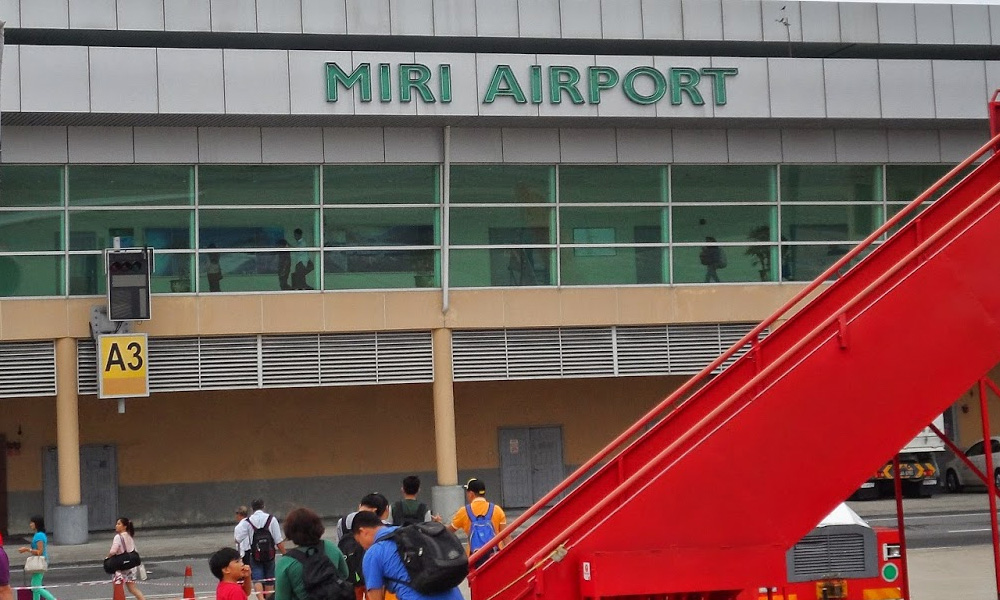CORONAVIRUS | The Health Ministry has shifted strategy in its allotment of Covid-19 test, specifically for the close contacts of Covid-19 patients who are under quarantine.
Health Ministry director-general Dr Noor Hisham Abdullah said an antibody test (serology) instead of a Polymerase Chain Reaction (PCR) test will be conducted for the close contacts who are about to end their 14-day quarantine period, which will determine if they are cleared for release.
However, he said they would still undergo a PCR test at the beginning of the quarantine.
"On the first day, we will still take a PCR swab. On the 13th day, we used to take another PCR test but we are now using serology or antibody test because it is faster, easier and can be done at the bedside.
"If it turns out positive, then we will reconfirm with a PCR test.
"If their first PCR test was negative and on the 13th day the blood test also shows there is no antibody, then the virus is not present. That is how we can save (on the tests)," he said.
An antibody test is typically done using blood samples while a PCR test uses nasal secretion samples.
The Health Ministry has favoured the PCR test as it finds the presence of the Covid-19 genetic material, which is detectable shortly after a person becomes infected.
In contrast, a serology test detects antibodies against Covid-19, which could take between five to eight days to become detectable. This means taking the test too early could return a false negative.
However, the serology test is seen as acceptable in the case of those about to exit quarantine as they would have been in isolation for almost 14 days.
Noor Hisham said this would conserve the PCR test for confirming Covid-19 diagnosis and active case detection.
A PCR test typically takes six hours but the large volume and logistical challenge can extend this up to two days as the test must be processed in a laboratory.
The government had aimed to increase the country's testing capacity to 16,500 tests a day by the middle of this month, but it remains at 11,500.
However, Noor Hisham said five new labs are being set up to improve capacity.
Meanwhile, asked on the move by Malaysia Airlines resuming its flights to Sabah and Sarawak, he said what is important to lower the risk of Covid-19 spread was to enhance screening on the passengers.

This can be done by ensuring that all of the passengers are screened before they take the flight and upon arrival through the use of a thermal scanner.
"We also can look into other ways to enhance the screening of passengers. This is one of the ways to lower the risk of virus spreading," he said.
On the Ramadan bazaar issue, Noor Hisham said the problem is not about having the bazaar but the crowd of customers that it would attract.
"The issue is with uncontrollable number of customers. We have discussed this matter, and one of the solutions that can be taken is to have the food delivered using food delivery services.
"This is the technology that we are using today, where many are ordering food to be delivered to their homes. We have seen an increase of about 70 percent in usage of the service of Grabfood and such so far.
"This might be one of the ways we can use to solve the Ramadan bazaar issue."
Keep up with the latest information on the outbreak in the country with Malaysiakini's free Covid-19 tracker.
Malaysiakini is providing free access to the most important updates on the coronavirus pandemic. You can find them here.
Help keep independent media alive - subscribe to Malaysiakini.

